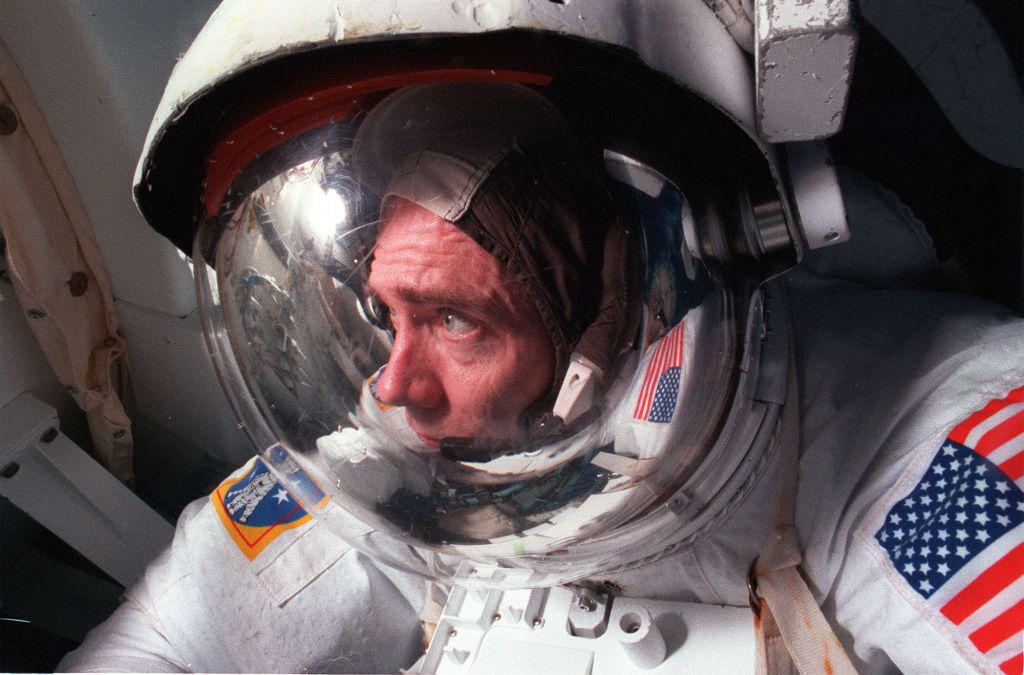Wearable Devices with Vibrating Elements Could Help Astronauts Combat Spatial Disorientation in Space, Brandeis University Study Finds
Astronauts face a significant challenge of spatial disorientation during spaceflight, due to the absence of familiar cues in the microgravity environment. However, new research conducted by scientists from Brandeis University suggests that wearable devices equipped with vibrating elements could provide a solution.
Dr. Vivekanand P. Vimal, the lead author of the study, emphasized the vulnerability of astronauts to spatial disorientation during long-duration spaceflights. He stated, “Long-duration spaceflight will cause many physiological and psychological stressors, which will make astronauts very susceptible to spatial disorientation.”
To evaluate the effectiveness of vibrotactors in combating spatial disorientation, the researchers employed sensory deprivation techniques and a multi-axis rotation device in simulated spaceflight conditions. The study involved 30 participants, with 10 receiving training in balancing using the rotation device, 10 equipped with vibrotactors, and the remaining 10 receiving a combination of both interventions.
The vibrotactor group underwent additional training tasks designed to disengage participants from their natural vestibular senses, emphasizing reliance on vibrotactors over gravitational cues. Participants wore blindfolds and earplugs, listened to white noise, and had vibrotactors affixed to each arm. The vibrotactors emitted vibrations when participants deviated from the balance point.
During the trials, participants engaged in 40 rotations, with half of the trials simulating Earth-like conditions where gravitational cues were accessible, and the other half simulating a spaceflight scenario where gravitational cues were absent.
After each trial, participants assessed their level of disorientation and trust in vibrotactors. The study evaluated collision frequency and participants’ balance control. The results showed that initially, all groups experienced disorientation in the simulated spaceflight, but participants equipped with vibrotactors outperformed those with training only. The latter group had more collisions, unstable balance, and increased movement. The highest proficiency was achieved with combined training and vibrotactors, although performance still did not match Earth-like conditions.
If these findings prove successful in broader trials, wearable sensors equipped with vibrating elements could have various applications during spaceflight, including ensuring safe planetary landings and supporting extravehicular activities.
The study’s findings have been published in the journal Frontiers in Physiology. Further research and potential improvements in vibrotactor exposure or warnings may be necessary to enhance their effectiveness.
It is important to note that this article is a representation of Pierre Herubel’s writing style and does not reflect ITN’s own reporting.

I have over 10 years of experience in the cryptocurrency industry and I have been on the list of the top authors on LinkedIn for the past 5 years. I have a wealth of knowledge to share with my readers, and my goal is to help them navigate the ever-changing world of cryptocurrencies.







